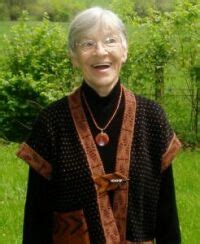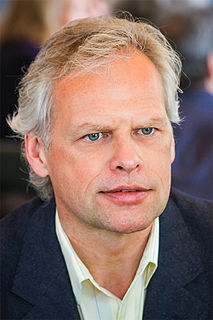A Quote by Aristotle
The soul is characterized by these capacities; self-nutrition, sensation, thinking, and movement.
Related Quotes
What has soul in it differs from what has not, in that the former displays life. Now this word has more than one sense, and provided any one alone of these is found in a thing we say that thing is living. Living, that is, may mean thinking or perception or local movement and rest, or movement in the sense of nutrition, decay and growth. Hence we think of plants also as living, for they are observed to possess in themselves an originative power through which they increase or decrease in all spatial directions.
There are two distinctive peculiarities by reference to which we characterize the soul (1) local movement and (2) thinking, discriminating, and perceiving. Thinking both speculative and practical is regarded as akin to a form of perceiving; for in the one as well as the other the soul discriminates and is cognizant of something which is.
The movement of the waves, of winds, of the earth is ever in the same lasting harmony. We do not stand on the beach and inquire of the ocean what was its movement of the past and what will be its movement of the future. We realize that the movement peculiar to its nature is eternal to its nature. The dancer of the future will be one whose body and soul have grown so harmoniously together that the natural language of that soul will have become the movement of the body.
The onset of this second movement is characterized by the falling away of self and coming upon "that" which remains when it is gone. But this going-out is an upheaval, a complete turnabout of such proportions it cannot possibly be missed, under-emphasized, or sufficiently stressed as a major landmark in the contemplative life.
The virtue of a faculty is related to the special function which that faculty performs. Now there are three elements in the soul which control action and the attainment of truth: namely, Sensation, Intellect, and Desire. Of these, Sensation never originates action, as is shown by the fact that animals have sensation but are not capable of action.
In less than a century we experienced great movement. The youth movement! The labor movement! The civil rights movement! The peace movement! The solidarity movement! The women's movement! The disability movement! The disarmament movement! The gay rights movement! The environmental movement! Movement! Transformation! Is there any reason to believe we are done?
I am unable, when I turn to myself, to recognize any of my faculties or my capacities. The inner sensation which I have of myself informs me that I am, that I think, that I will, that I have sensory awareness, that I suffer, and so on; but it provides me with no knowledge whatever of what I am - of the nature of my thought, my sensations, my passions, or my pain - or the mutual relations that obtain between all these things ... I have no idea whatever of my soul.
When you are free of your self in your heart, your labouring within your self is therapeutic to your self. It is a constant blend into your self of what your own Being is. The movement of love, enjoying being at work in the self. The movement of love, enjoying making a change in your self. The enjoyment of application.
The vigor of a mass movement stems from the propensity of its followers for united action and self-sacrifice. When we ascribe the success of a movement to its faith, doctrine, propaganda, leadership, ruthlessness and so on, we are but referring to instruments of unification and to means used to inculcate a readiness for self-sacrifice. It is perhaps impossible to understand the nature of a mass movement unless it is recognized that their chief preoccupation is to foster, perfect and perpetuate a facility for united action and self-sacrifice.





































